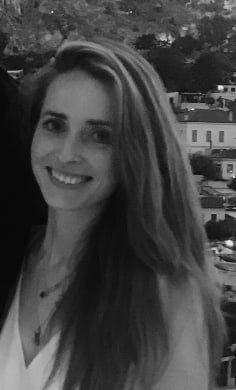Distillation
- Distillation can also be used to removal salt from water, like reverse osmosis does
- In this case, a soluble solid is being separated from a solution
- During the distillation of salt water:
- The solution is heated and the water boils producing water vapour
- The water vapour rises through the neck of the round-bottomed flask
- The water vapour passes through the condenser, where it cools and condenses, turning into pure water that is collected in a beaker
- After all the liquid is evaporated from the solution, only the solid solute will be left behind
Diagram to show distillation

During the distillation of salt water, the water evaporates leaving behind the solute in the flask
- Distillation can also be used to separate any two miscible liquids
- Miscible liquids are ones that are fully mixed together and do not form layers
- The two miscible liquids must have different boiling points to be separated using distillation
- A good example is ethanol and water:
- Ethanol has a lower boiling point than water
- When the mixture of ethanol and water is heated up, the ethanol evaporates
- The gaseous ethanol travels into the condenser where it cools and condenses
- It is collected and mostly water is left behind
- To obtain pure water, the flask that had collected the ethanol would need changing so that the water vapour is obtained once the boiling point reaches 100oC
Higher Tier
- It is not possible to obtain 'pure' ethanol from a mixture of water because some water evaporates at temperatures below its boiling point
Exam Tip
Like reverse osmosis, distillation is an expensive method of producing pure water because it requires a large amount of energy.

